Dating AfterMeth
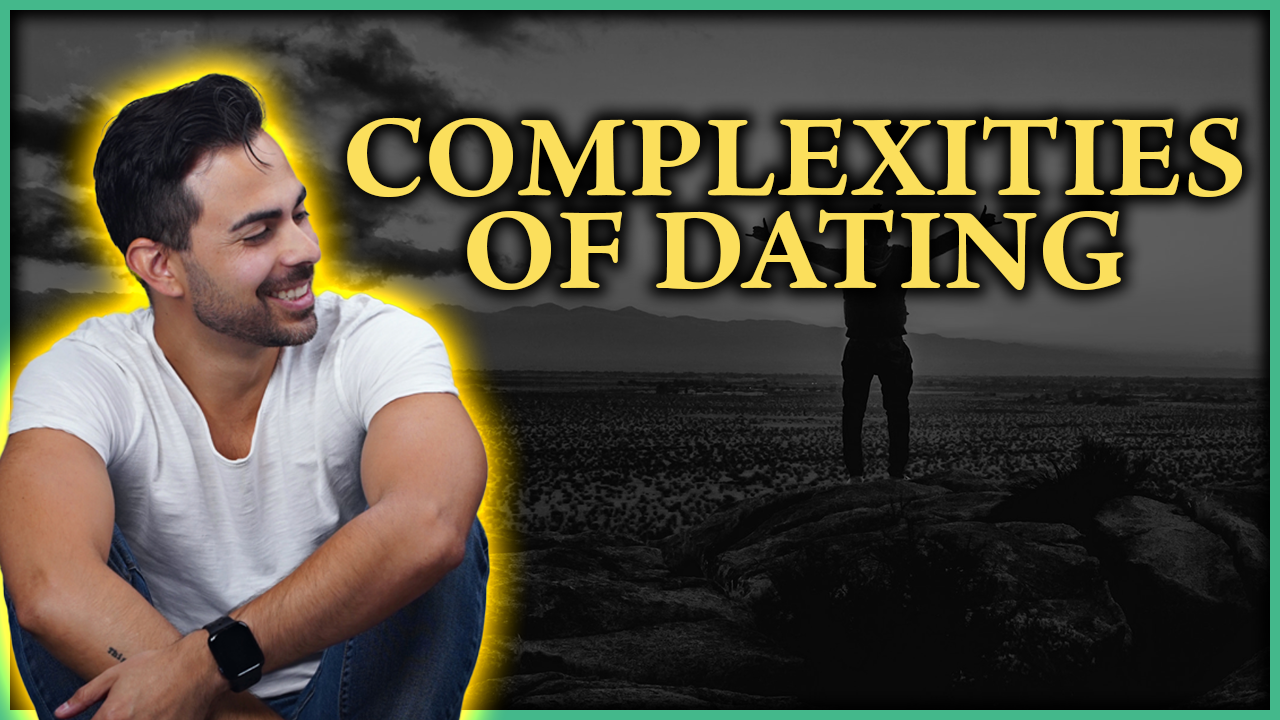
Introduction
This conversation between Dr. Dallas Bragg and Coach Danny Morales explores the complexities of dating, relationships, and self-esteem, specifically for gay and bisexual men.
The discussion covers everything from identity questions and bisexuality to practical dating advice and the importance of building a strong foundation of self-worth before entering relationships.
The episode is particularly relevant for men coming out of addiction or trauma who are re-entering the dating world, as well as anyone seeking to build healthier relationship patterns and stronger self-esteem.
Identity and Labels
One of the most liberating messages from this conversation is the importance of not getting trapped by labels.
Whether questioning bisexuality, especially after meth use, or struggling with any aspect of sexual identity, the focus should be on what feels authentic rather than what category fits.
Danny emphasizes that sexuality exists on a spectrum, and the pressure to define oneself can create unnecessary suffering.
Instead of asking "Am I bisexual or gay?" the better question becomes "What feels right for me right now?" This approach removes shame and allows for genuine exploration and growth.
For those coming out of addiction where sexual experiences may have been influenced by substances, this perspective offers freedom from the anxiety of permanent categorization.
Your identity can evolve as you heal and discover your authentic self in recovery.
Self-Esteem as Foundation
Self-esteem emerges as the cornerstone of healthy dating and relationships.
Danny defines it beautifully as "the voice you hear when the room is silenced" - your ability to be content, happy, and proud of yourself when alone.
The conversation reveals that many relationship problems stem from poor self-esteem.
When you can't be alone with yourself, when you're constantly seeking external validation, or when you abandon your values to maintain a relationship, these are indicators that self-work is needed.
Building self-esteem involves developing a clear value system, creating boundaries based on those values, and learning to enjoy your own company.
This foundation becomes the compass that guides all relationship decisions.
The Power of Values and Boundaries
Your value system serves as your relationship GPS. Without clear values, you're "traveling without a compass," making it difficult to recognize red flags or maintain healthy boundaries.
The process of identifying values can start simply - searching online for lists of values and noting which ones resonate with you.
Then comes the deeper work of defining what these values mean to you personally. What does trust look like in your life? What does loyalty mean to you?
These values then inform your boundaries, helping you recognize when situations or people don't align with who you are and what you need to thrive.
Vulnerability and Connection
The conversation highlights how many gay and bisexual men struggle with vulnerability due to years of hiding their authentic selves.
This lack of vulnerability contributes to addictive patterns and prevents genuine connection.
Building vulnerability is like building a muscle - it requires practice. Start with safe relationships like close friends and family, sharing incrementally more of your authentic self.
These "micro vulnerabilities" build confidence for deeper sharing in romantic relationships.
Remember that vulnerability isn't about oversharing or having no boundaries. It's about authentic expression of who you are and what you need, while maintaining your values and self-respect.
Dating Readiness and Approach
The question of when you're ready to date doesn't have a perfect answer, but key indicators include wanting something different at your core and being at peace with your own company.
You don't need to have everything figured out, but you do need to be willing to continue growing while in a relationship.
The mindset shift from seeing rejection as personal failure to viewing it as redirection toward what's right for you transforms the entire dating experience.
Each interaction becomes a learning opportunity rather than a validation test.
Summary and Integration
This conversation offers a roadmap for building healthier relationships starting with the most important relationship - the one with yourself.
The key insight is that external relationships can only be as healthy as your internal relationship.
For those coming out of addiction or trauma, this approach recognizes that healing doesn't happen in isolation.
You don't need to have everything figured out before connecting with others, but you do need to be committed to your own growth and clear about your values and boundaries.
The shift from seeking validation to offering authenticity, from fearing rejection to welcoming redirection, and from hiding behind masks to showing up vulnerably creates the foundation for the kind of relationships that actually nourish and sustain us.
Remember that building self-esteem, clarifying values, and developing healthy relationship skills is ongoing work.
Be patient with yourself as you practice these new ways of being. The goal isn't perfection but progress toward more authentic, fulfilling connections.
As Danny reminds us, dating can be "a self-development mirror" - an opportunity to learn and grow rather than a test of your worth.
Approach it with curiosity, compassion for yourself, and commitment to your values, and you'll find that relationships become a source of joy rather than anxiety.
Love, Dallas
Reflective Questions
-
Identity Exploration: Instead of focusing on labels, what aspects of attraction and connection feel most authentic to you right now? How might letting go of the need to categorize yourself create more freedom in your relationships?
-
Self-Esteem Assessment: When you're alone, what voice do you hear in your head? Is it critical, supportive, anxious, or peaceful? What does this tell you about your relationship with yourself?
-
Values Clarification: If someone asked you right now to name your top three values, could you answer immediately? How do these values (or lack thereof) show up in your relationship choices?
-
Vulnerability Patterns: In what ways do you hide your authentic self in relationships? Where did you learn that hiding was safer than being seen, and how might this be limiting your connections now?
-
Dating Mindset: Do you approach dating from a place of scarcity (grateful for any attention) or abundance (confident in your worth)? How does your mindset affect your relationship choices?
Journal Prompts
-
Value System Deep Dive: Write about a time when you compromised your values in a relationship. What happened? What were you trying to avoid or gain? How might strong boundaries have changed the outcome?
-
Alone Time Reflection: Describe your relationship with solitude. Do you avoid being alone? If so, what are you running from? What would it feel like to genuinely enjoy your own company?
-
Vulnerability Letter: Write a letter to your younger self about the parts of your identity you felt you had to hide. What would you want that person to know about self-acceptance and authentic connection?
-
Relationship Patterns: Reflect on your past relationships (romantic or otherwise). What patterns do you notice? Do you tend to abandon yourself for others? Do you struggle with trust? Write about where these patterns might have originated.
-
Future Self Visioning: Imagine yourself in a healthy, authentic relationship one year from now. What would be different about how you show up? What work do you need to do to become that version of yourself?
Action Exercises
-
Values Identification Workshop: Spend 30 minutes researching lists of values online. Create your personal list of 10 values that resonate with you. Then narrow it down to your top 5. For each of these five, write a paragraph about what this value means to you and how you want it to show up in your relationships.
-
Solitude Practice: Schedule three 30-minute periods this week where you're completely alone without distractions (no phone, TV, books, etc.). Notice what comes up. Practice being comfortable with just yourself. Keep notes about your experience.
-
Vulnerability Exercise: Choose one person you trust and share something authentic about yourself that you normally keep private. Start small - it doesn't have to be earth-shattering. Notice how it feels to be seen more fully.
-
Boundary Setting Practice: Identify one area in your life (work, family, friends, dating) where you need better boundaries. Practice saying "no" or expressing your needs clearly at least once this week. Pay attention to any guilt or anxiety that arises and work through it.
-
Dating Audit: If you're currently dating, review your recent interactions through the lens of this conversation. Are you showing up authentically? Are you asking the important questions upfront? Are you honoring your values? Make adjustments based on your insights.
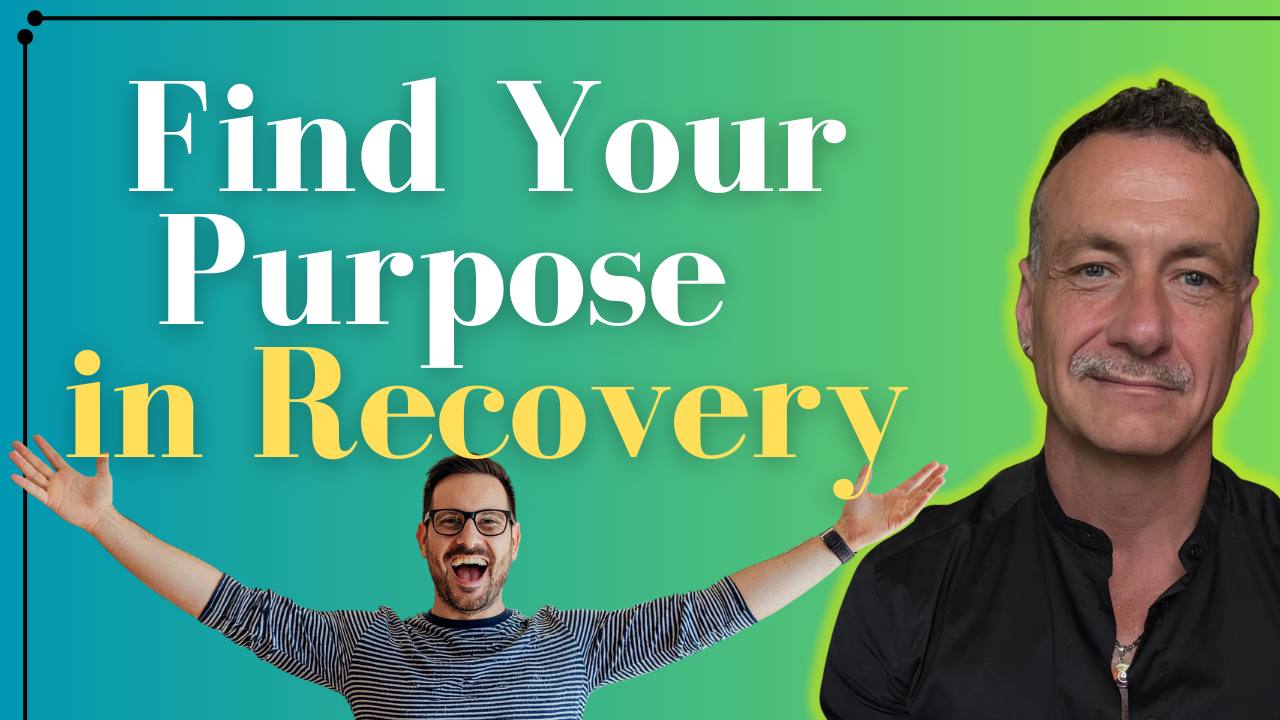
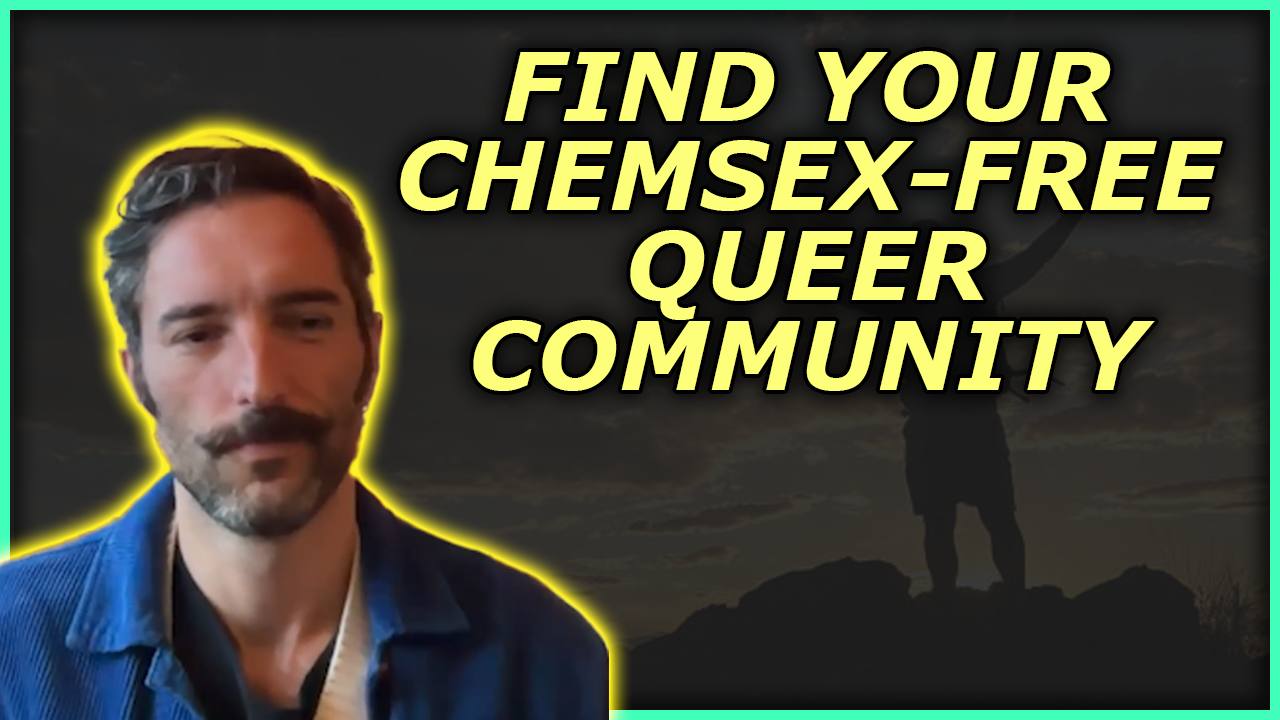
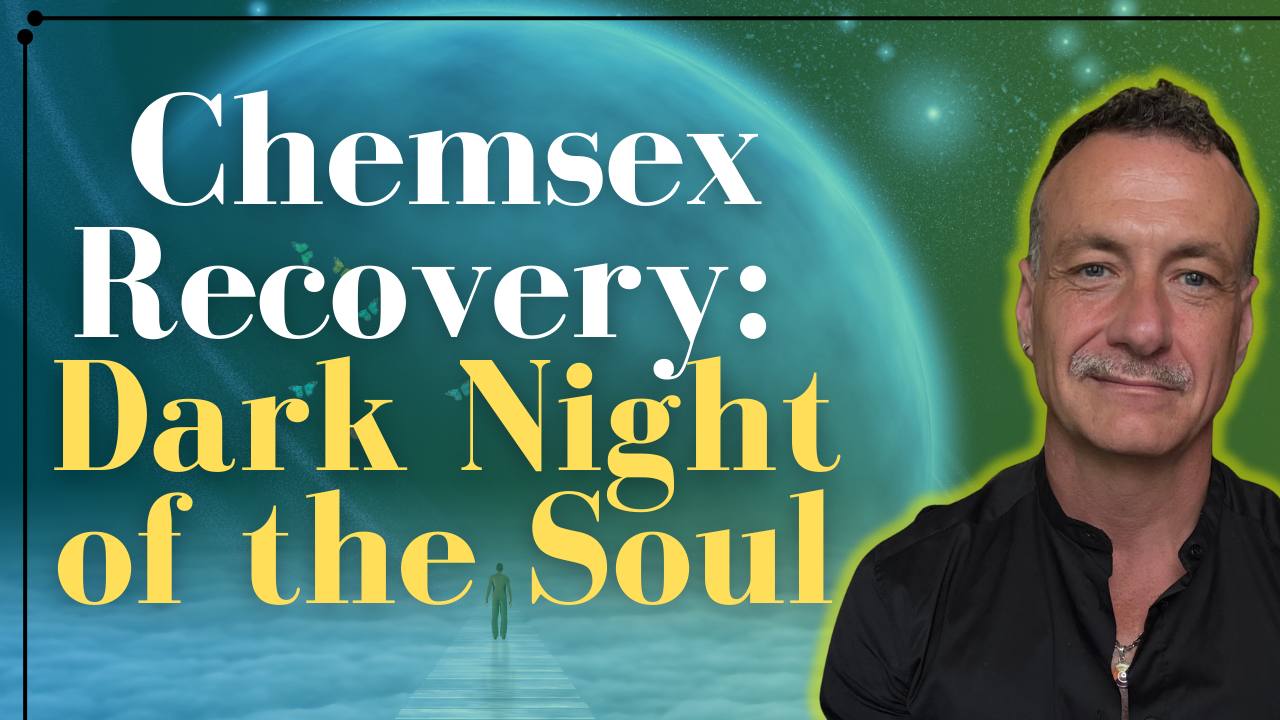
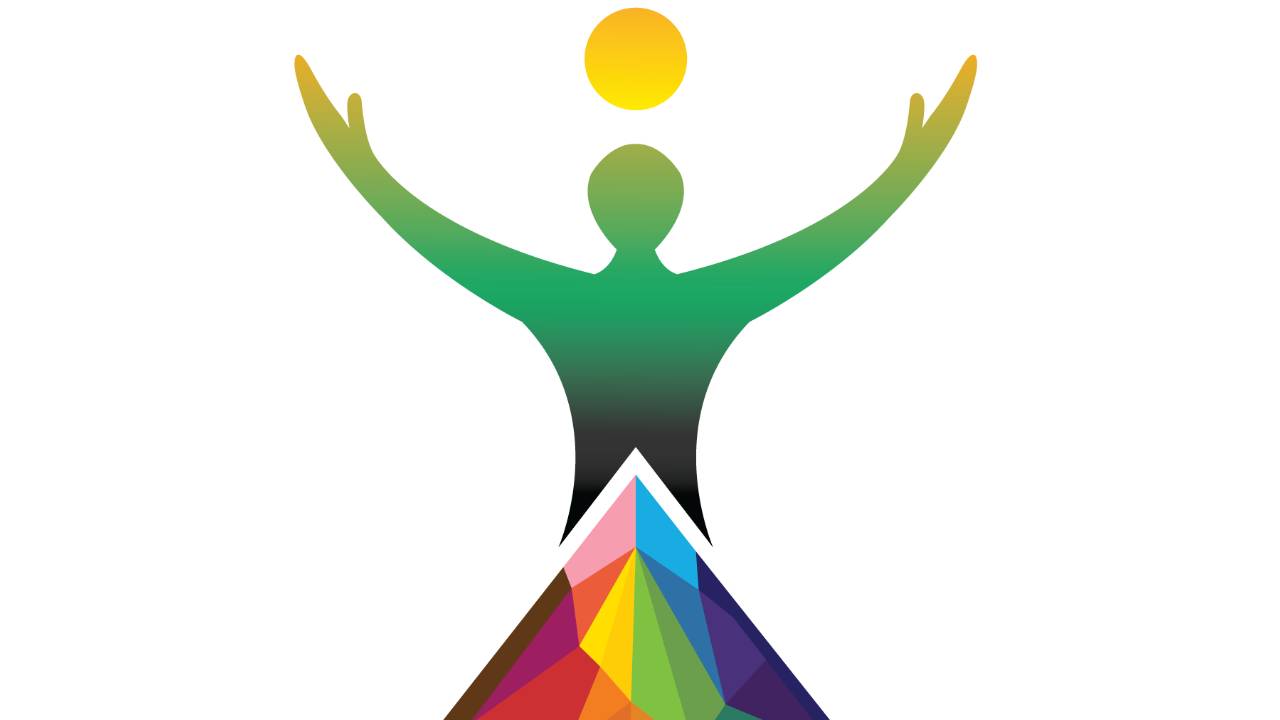
Responses